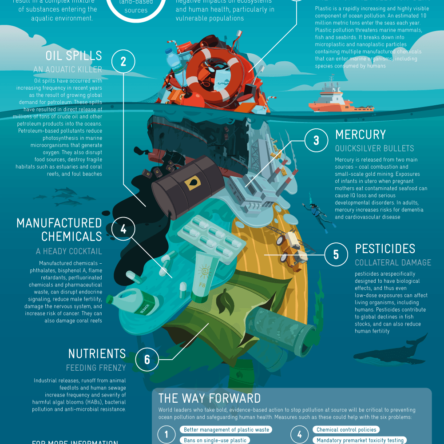How does deforestation impact biodiversity and what are the broader environmental consequences?
In the recent post-pandemic period, central banks worldwide have raised interest rates to combat inflation, which surged due to heightened fiscal spending during COVID-19 and supply chain issues stemming from the Russia-Ukraine conflict. Therefore, Statement 1 is accurate. The central banks' decisioRead more
In the recent post-pandemic period, central banks worldwide have raised interest rates to combat inflation, which surged due to heightened fiscal spending during COVID-19 and supply chain issues stemming from the Russia-Ukraine conflict. Therefore, Statement 1 is accurate.
The central banks’ decision to increase interest rates aims to raise borrowing costs, leading to a reduction in money supply and, consequently, a decrease in inflation rates. Thus, Statement 2 is also valid.
The rise in interest rates in advanced economies, particularly in the U.S., has negatively impacted the Indian economy, resulting in increased net Foreign Portfolio Investment (FPI) outflows, significant depreciation of the Rupee, declines in foreign exchange reserves, and rising yield rates. This negative impact on the Indian economy is commonly referred to as “Taper Tantrums.” Consequently, this question was posed within this context.
Therefore, the correct answer is Both Statement-I and Statement-II are correct and Statement-II is the correct explanation for Statement-I.
See less









Deforestation significantly impacts biodiversity by destroying habitats that are critical for various species. When forests are cleared, many plants, animals, insects, and microorganisms lose their homes, leading to a decline in species richness. This loss of biodiversity disrupts ecosystems and weaRead more
Deforestation significantly impacts biodiversity by destroying habitats that are critical for various species. When forests are cleared, many plants, animals, insects, and microorganisms lose their homes, leading to a decline in species richness. This loss of biodiversity disrupts ecosystems and weakens their resilience, making them more vulnerable to disturbances like climate change, diseases, and natural disasters. Deforestation also contributes to soil erosion, reduces the land’s ability to store carbon, and increases greenhouse gas emissions, exacerbating global warming. The broader environmental consequences include altered rainfall patterns, decreased soil fertility, and a loss of ecosystem services like water filtration and air purification, which are vital for human survival.
See less